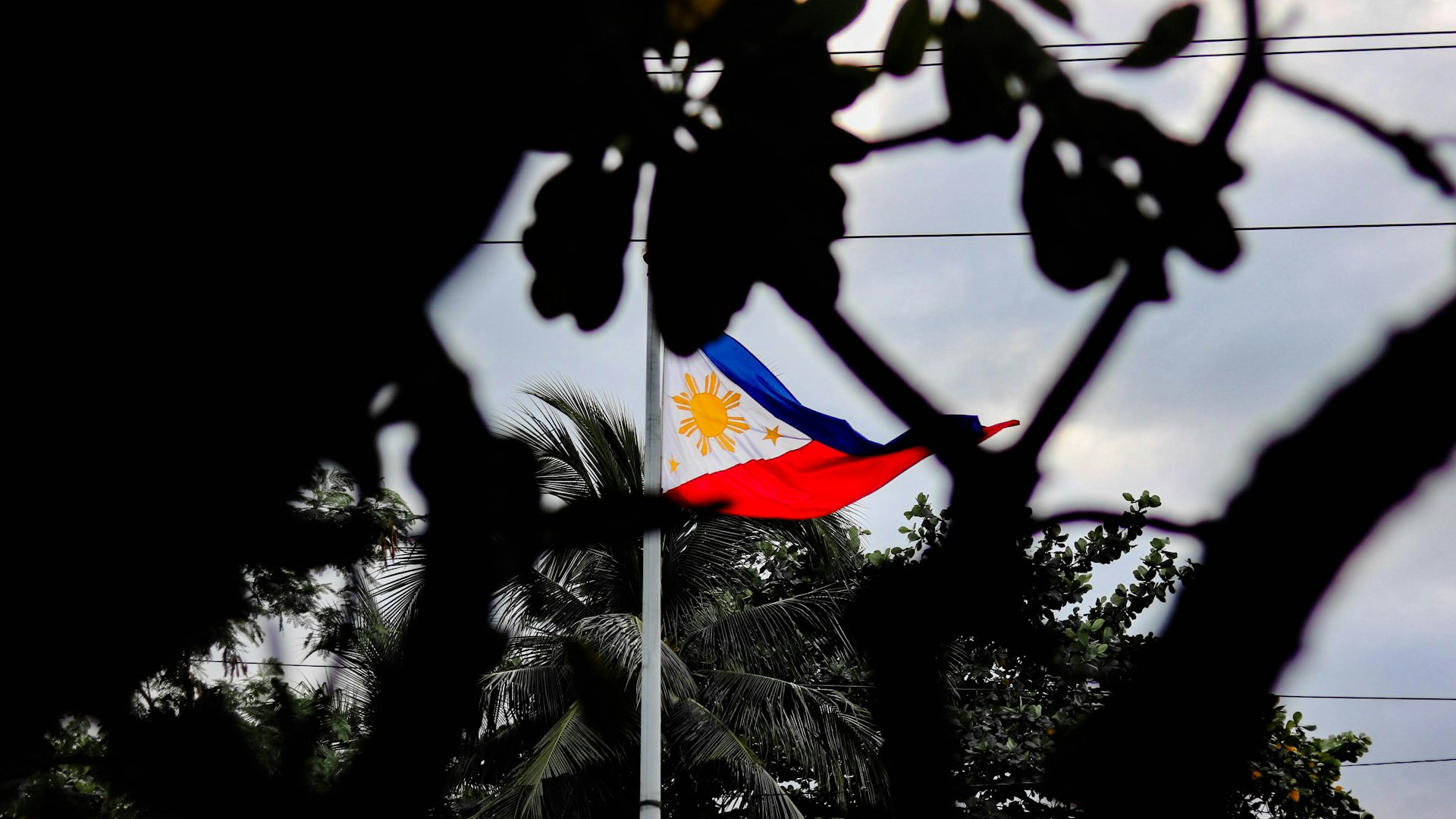Marcos Highlights Key Benefits of Seafarers' Magna Carta

President Ferdinand Marcos oversaw the signing of the implementing rules and regulations (IRR) for the Magna Carta of Filipino Seafarers on Wednesday, marking a significant milestone three months after the law was enacted. This legislation is considered one of the most transformative regulations for the world’s leading supplier of maritime crew in decades.
The Magna Carta aims to establish a comprehensive framework to protect and enhance the rights and welfare of Filipino seafarers, both locally and internationally. It also emphasizes improving education, training, and cadetship programs to bolster the skills and competitiveness of Filipino mariners.
During the ceremony, President Marcos highlighted several key provisions of the law, including the creation of one-stop shop centers for seafarers. These centers will streamline services and provide essential support, such as fair medical treatment and access to free legal representation.
“This step not only opens up opportunities for the industry, it also reflects our dedication to more progressive and equitable policies in the maritime industry,” Marcos stated.
The Magna Carta introduces clear mechanisms and procedures to ensure the fair, efficient, and just resolution of issues related to seafarers' salaries, wages, statutory benefits, and claims for death and disability.
These measures are designed to provide seafarers with timely and equitable resolutions, strengthening their protection and promoting a fairer working environment within the maritime sector.
The Magna Carta of Filipino Seafarers is poised to reshape the maritime landscape for the Philippines, solidifying its position as a leading nation in global crewing. By addressing critical issues and promoting equitable policies, the law aims to uplift the standards of living and working conditions for Filipino seafarers, while ensuring they remain competitive on the world stage.